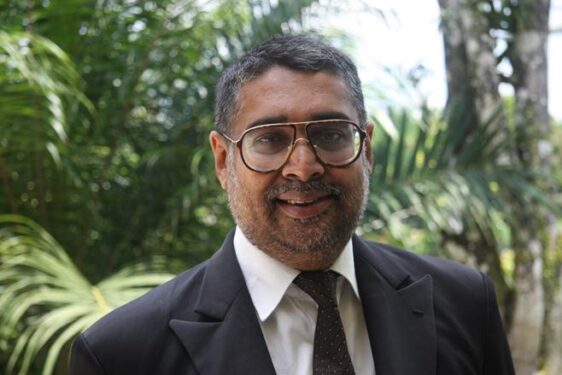WHILE drug possession and drug trafficking is undoubtedly an offence that needa to be punished, Malaysia should place more emphasis on rehabilitation towards later re-integration into society and second chances.
As such, the practice of a lighter sentence for first time offenders and harsher sentences for repeat offenders – instead of the mandatory death sentence – must be considered, according to Malaysians Against Death Penalty & Torture (MADPET) founding coordinator Charles Hector.
“The death penalty is again proven not to be a deterrent to drug offences,” he pointed out in a media statement, citing Bukit Aman Narcotics Criminal Investigation Department (JSJN) director Datuk Razarudin Husain who recently revealed that the police had seized 18 tonnes of drugs, an 80% year-on-year increase from 10.5 tonnes in the first eight months of this year.
Hector was commenting on the case of single mother of nine Hairun Jalmani, 55, who was sentenced to death at the Tawau High Court Sabah last Friday (Oct 15) after being found guilty of drug trafficking three years ago.

The accused, a fish seller, was charged with possessing syabu weighing 113.9g in an unnumbered house in Kampung Pangkalan Wakuba, Batu 15, Jalan Apas, Tawau, Sabah at 5.30pm on Jan 10, 2018.
She was charged under Section 39B(1)(a) of the Dangerous Drugs Act 1952 which provides for mandatory death sentence.
“Unlike murder where someone is killed, drug trafficking offence does not directly deprive the life of any particular person,” argued Hector.
“This makes one wonder whether the current sentences for these offences. Surely, offences like kleptocracy and corruption, where perpetrators inadvertently steal from the Malaysian people ought to be more serious offences.”
Moreover, in Hairun’s case, Hector pointed to poverty and other factors that might have played a part in ‘forcing’ the single mother to resort to crime “whereby blame should also fall on Government failings to look after the welfare of its people”.
“Another issue that is raised is the question of the best interest of a child, when a parent in this case the mother, is sent to death row,” he noted.
“It is also an acknowledged fact that most arrested, convicted and on death row for drug trafficking are really ‘mules’ and small players, and not the kingpins and masterminds involved in drug trafficking.
“These ‘big bosses’ may then simply to find drug mules from those who are not well educated, ignorant or those who are desperate for quick money.”
Although Malaysia has taken the first step by amending the Dangerous Drugs Act that provided the mandatory death penalty for drug trafficking to provide an alternate sentence of
life imprisonment plus at least 15 strokes of the whip, there remains much lacking in the amendment as death sentence is still been meted out. – Oct 20, 2021









